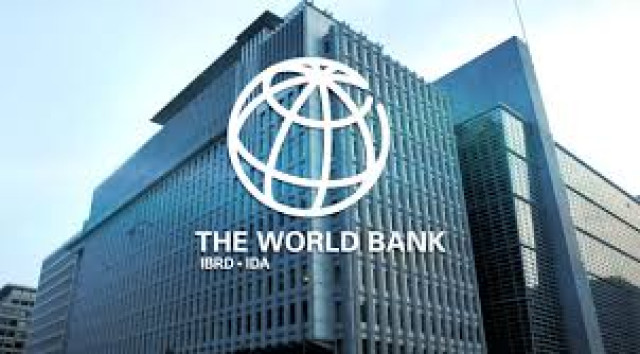The World Bank has placed 58 Nigerian companies and individuals on a blacklist for participating in corrupt activities, as part of its ongoing efforts to maintain honesty and openness in its projects and operations.
This includes 39 Nigerian companies previously banned by the African Development Bank (AfDB) and 19 individuals identified by the World Bank under the cross-debarment policy.
In total, 58 entities are now barred from participating in projects and operations funded by institutions of the World Bank Group.
The World Bank updates this list every three hours, which currently includes a total of 1,210 companies and individuals globally.
Being blacklisted means that these entities are not eligible to take part in projects and operations financed by institutions of the World Bank Group.
According to the World Bank report, the sanctions were imposed after an administrative process conducted by the Bank, which allowed the accused firms and individuals to respond to the allegations. This process followed the Bank's procedures for sanctions proceedings and settlements in bank-financed projects.
"The process was carried out by the Sanctions Committee Procedures adopted on August 2, 2001, until July 2007. It is currently conducted by Bank Procedure: Sanctions Proceedings and Settlements in Bank Financed Projects. For more information on the two-tier sanctions process, please refer to Sanctions," as stated in the report.
The enforcement of cross-debarment, as outlined in the Agreement for Mutual Enforcement of Debarment Decisions dated 9 April 2010, has been implemented by various international financial institutions, including the World Bank, Asian Development Bank, European Bank for Reconstruction and Development, Inter-American Development Bank, and African Development Bank.
Aside from debarment, the Bank has the authority to impose other measures on individuals and firms found to violate its policies, which may not necessarily lead to debarment.
The conduct that can result in debarment is specified in the relevant Procurement or Consultant Guidelines, as well as in the World Bank Procurement Regulations for Investment Project Financing Borrowers.
These guidelines may vary depending on the nature of the project.
The actions taken by the World Bank demonstrate its dedication to combatting corruption and promoting accountability in development projects, ensuring that funds are utilized effectively for the benefit of the people.




















